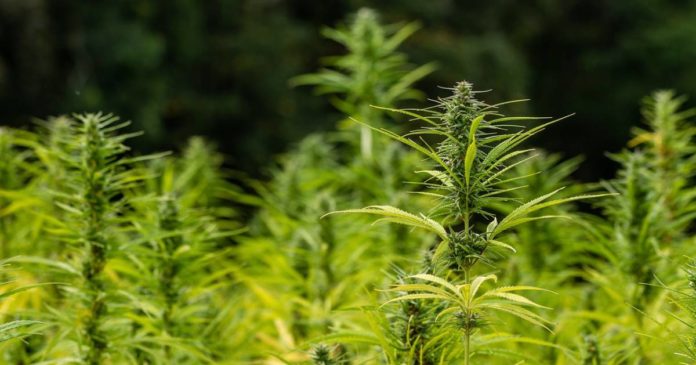Three hemp-related projects made the final cut in Pennsylvania’s latest round of Specialty Crop Block Grants.
The grants are provided to high priority specialty crops that are not eligible under the USA’s federal specialty crop grant program.
“Increasing market access and competitiveness means investing in crops with high growth potential that otherwise may be overlooked,” said PA Agriculture Secretary Russell Redding.
Hemp certainly qualifies as one of those crops – and it’s good to see the state’s government continuing to recognise that.
The projects to get a guernsey:
Franklin & Marshall College, Lancaster County received $35,588.00 to establish a comprehensive baseline assessment of oomycete pathogen pressure on hemp. Oomycetes, sometimes referred to as water molds, are like fungi; but aren’t. It’s a group of several hundred organisms that include pathogens such as downy mildews. Not to be confused with powdery mildew (which is a fungus), downy mildew was reported in hemp crops for the first time across the border in Canada last year.
As downy mildew spores can be wind-borne, they can travel hundreds of kilometres. While affecting leaves, it’s not clear yet what sort of damage can be done to flowers or seed heads aside from impacts on yields – so further research is necessary as it may present a significant threat to the industry.
Penn State University, Centre County is the recipient of $126,730, which will be used to optimize genotype selection and hemp management practices in the state.
Alvernia University in Berks County is getting $32,095 for a seed to structure environmental assessment of industrial hemp. Researchers will be collecting growth and supply chain data.
Hemp was an important crop in Pennsylvania prior to prohibition, and 2017 was first year in seven decades hemp was (legally) able to be grown in the state. In that first year, just 14 hemp research permits were issued and 36 acres grown. Last season, 500 growing sites and 60 processors were licensed across the state. This year, 426 growing permits (includes 9 research permits) have been issued so far, plus 64 processing permits (includes 2 research permits).
In Pennsylvania, hemp can be grown for food, fibre and medicinal purposes.


